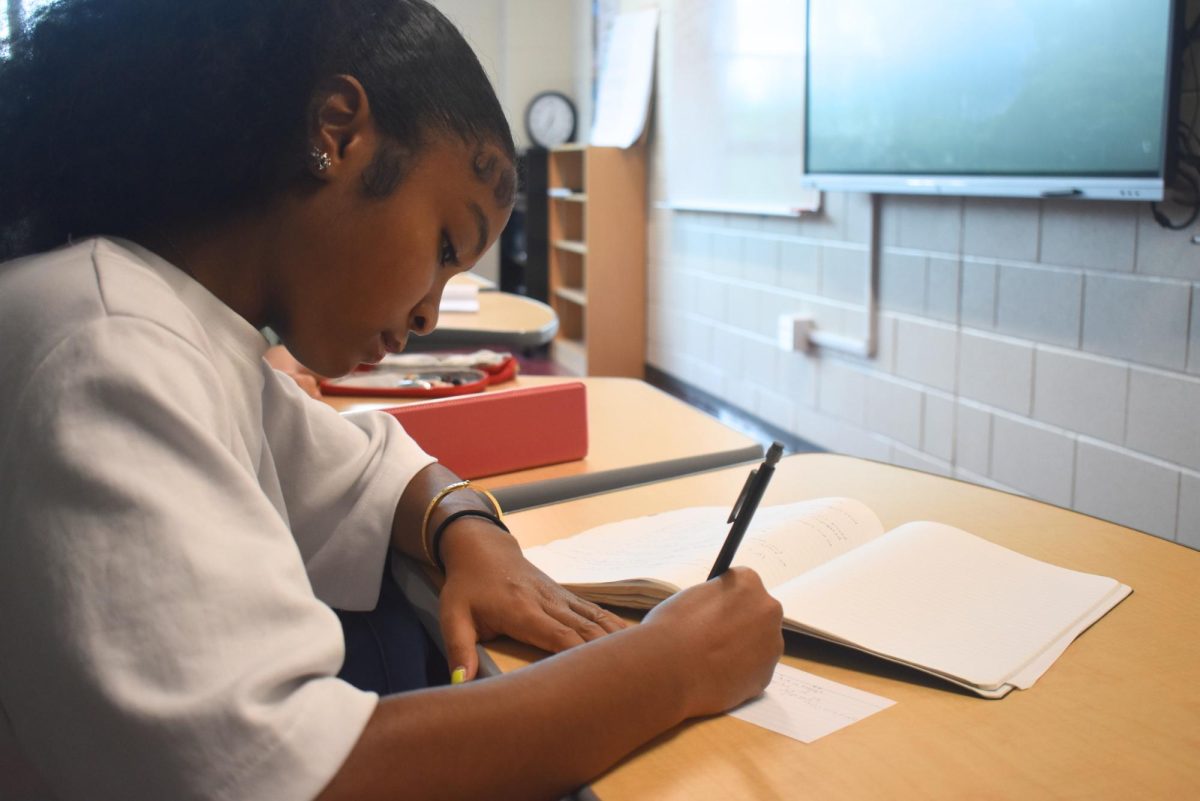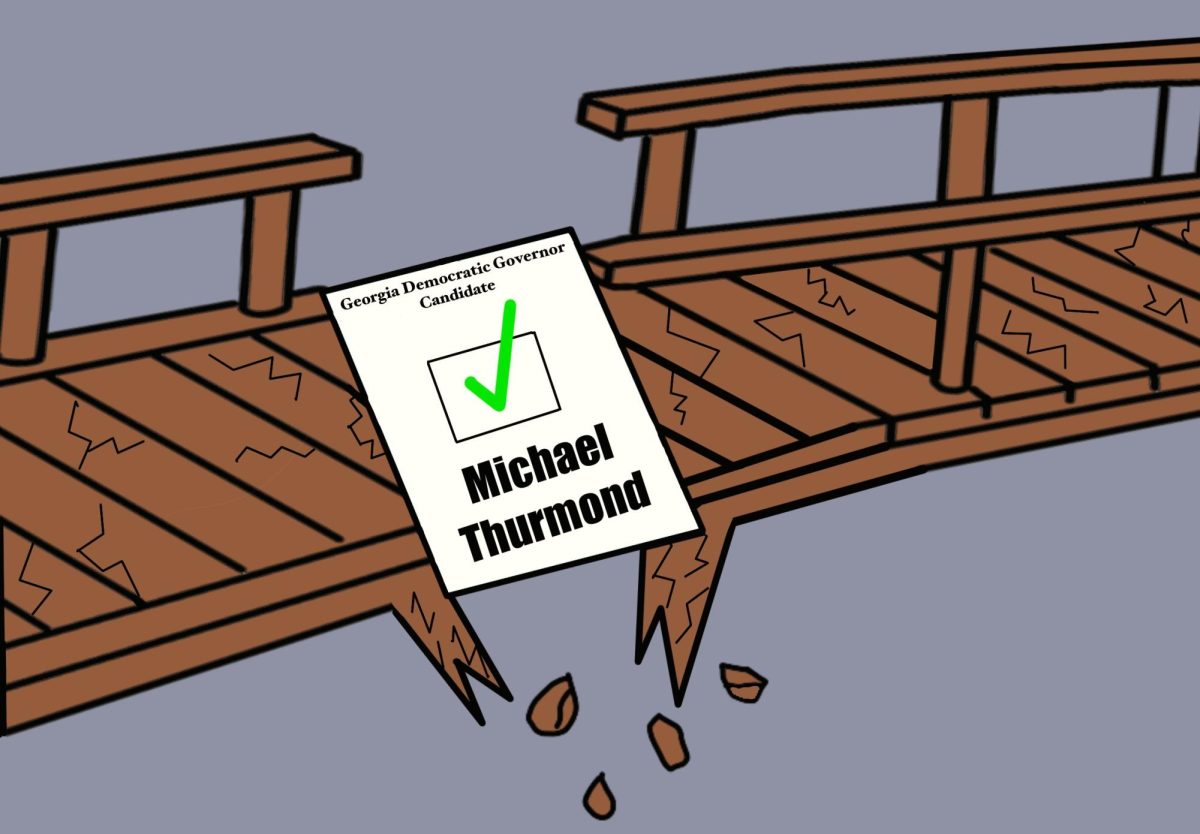Colleges are beginning to move away from their test optional policies with seven Georgia public colleges now requiring SAT and ACT scores to be submitted with fall 2026 admissions.
The colleges that are requiring SAT and ACT scores starting fall of 2026 are: the University of Georgia, Georgia Tech, Georgia State, Georgia College and State University, Kennesaw State, Augusta University and Georgia Southern. This decision was made after the Georgia Board of Regents voted in 2024. The University of Georgia, Georgia Tech and Georgia College and State University will require test scores starting in the 2025-2026 school year. The other four colleges updated their policies to end test optional applications in fall of 2026. Though these select institutions have made changes to their policies, not all colleges have made this decision.
“Being test optional gives college applicants the choice to decide if their SAT or ACT results best represent their academic ability,” Emory University admissions employee Dr. Mark Butt said. “This approach can open doors for students who may have faced barriers to standardized testing, such as cost, preparation or disruptions.”
The test-optional policy was first put in place in 2020 due to the spread of the COVID 19 pandemic; however, six years later, colleges are opting to end these policies. Though many public schools opted into a test-required policy, some private universities have extended their test-optional policy to the 2026 admissions process.
At test-optional schools like Emory University, students who submitted scores typically have a higher chance of being accepted. Sixty four percent of students admitted to Emory in 2023 submitted an SAT or ACT test score.
“[Emory’s test optional policy] also supports Emory’s holistic admission process, where we consider grades, the rigor of coursework, extracurricular involvement, students’ writing and recommendations alongside test scores,” Butt said.
English teacher Desiree Carter said she was not surprised to see schools changing their test-optional policy. She believes students should place increased emphasis on their test preparation.
“I saw last year some people saying they were going to take [the SAT] just to see how they did,” Carter said. “But now knowing they need it, I hope people will learn how to study alone and not cram. Study hall can help with that.”
Senior Ava Anderson views the policy change through a different lens. She said she was surprised by the policy change and sees potential downsides to it.
“I honestly don’t know if it’s necessarily the best choice [to change the policy] because education is really different in different parts of Georgia and some people aren’t getting a quality education, and it’s not their fault,” Anderson said. “I think this policy is unfair to them.”
Anderson was already planning on submitting test scores; so, the change in policy doesn’t directly affect her, but she sees how it could be negative for those who weren’t already planning on submitting scores. She said it’s uncharacteristic of Georgia to do away with its test optional policy because, as a whole, state universities have made great strides to ensure many students are given fair opportunities on the college front.
“Georgia has always had a pretty good [aid system],” Anderson said. “They give out a lot of money; they’re fair when it comes to financial aid, and they are understanding of kids who don’t have as good an education.”
Anderson said she encourages students feeling overwhelmed by the tests to use the resources available to them. Midtown’s college counselors are available online to assist students. There are also additional resources, such as Midtown’s counseling office and other online resources for students to use like the National Association for College Admissions Counseling and College Board.
“[Having] a personal college tutor is really helpful, but if I didn’t have her, I think going onto every school’s website has been really helpful just to learn more about the school and what you need in order to get in,” Anderson said.
In addition to English, Carter also teaches Advanced Placement study hall, which is another resource available to Midtown students. She said she is trying to use this class to teach her students test-taking strategies.
“My goal as an AP study hall teacher is to help people figure out how to get things done with less stress,” Carter said. “I would advise people taking the SAT or ACT to practice a little bit every week. Don’t wait until the last minute. And practice stamina because that is a big thing for the ACT.”
Carter said she hopes students will use this change to their advantage and let it drive their work ethic. She encourages students to develop specific study strategies that work for them. She said there is benefit to studying alone and believes it would help students to learn how to do so in ways that work for them.
“If there’s any bright spot [to the policy change], it’s that students who submitted scores were already getting accepted at higher rates,” Carter said.





















